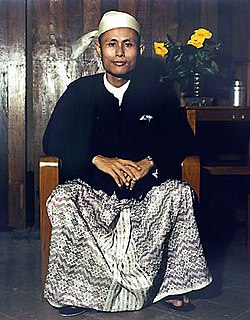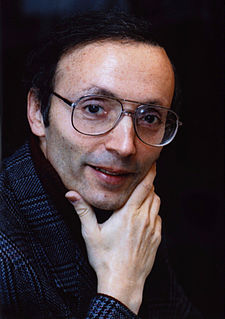A Quote by Friedrich Nietzsche
Heroism--that is the disposition of a man who aspires to a goal compared to which he himself is wholly insignificant. Heroism is the good will to self-destruction.
Related Quotes
I am well aware that there is such a great craving in man for heroism and the heroic, and that hero worship forms not a small motif in his complex. I am also aware that, unless man believes in his own heroism and the heroism of others, he cannot achieve much or great things. We must, however, take proper care that we do not make a fetish of this cult of hero-worship, for then we will turn ourselves into votaries of false gods and prophets.
Did you ever hear of a man who had striven all his life faithfully and singly towards an object, and in no measure obtained it? If a man constantly aspires, is he not elevated? Did ever a man try heroism, magnanimity, truth, sincerity, and find that there was no advantage in them,--that it was a vain endeavor?
Few of us will do the spectacular deeds of heroism that spread themselves across the pages of our newspapers in big black headlines. But we can all be heroic in the little things of everyday life. We can do the helpful things, say the kind words, meet our difficulties with courage and high hearts, stand up for the right when the cost is high, keep our word even though it means sacrifice, be a giver instead of a destroyer. Often this quiet, humble heroism is the greatest heroism of all.









































